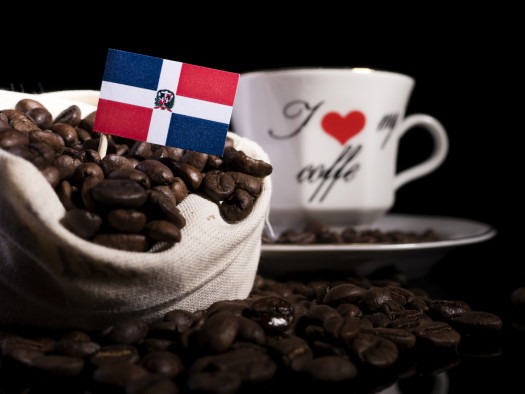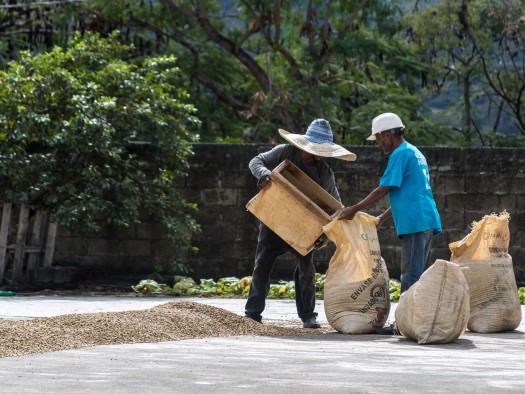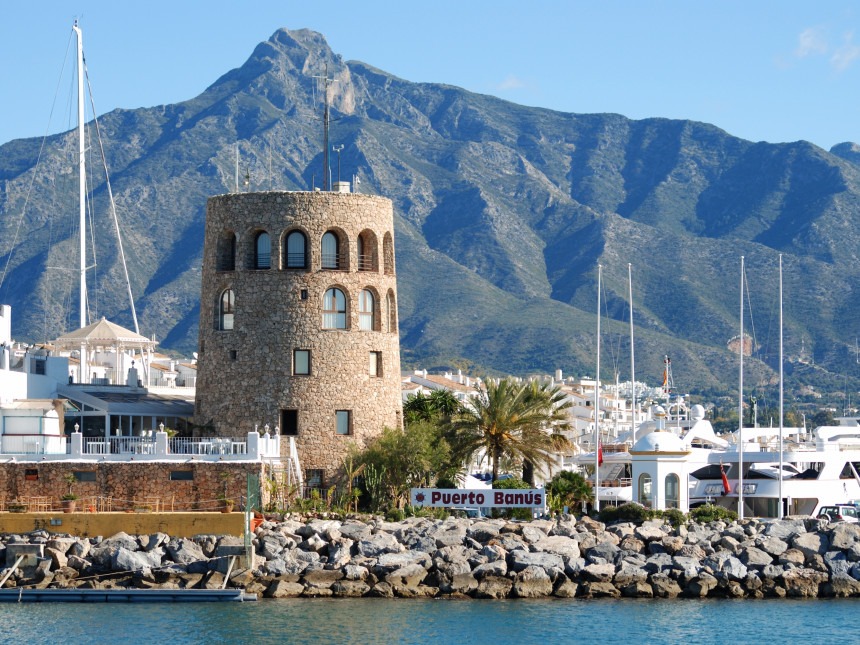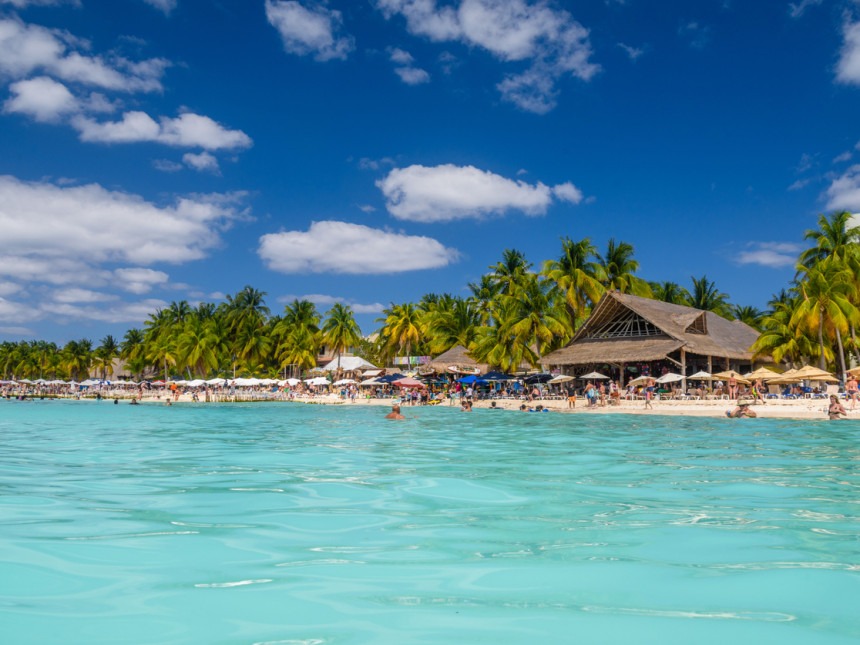When we think of the Dominican Republic, we often imagine its paradise beaches, tropical climate, and vibrant culture. However, there is another Dominican treasure that captivates those who taste it: its coffee. More than just a beverage, Dominican coffee is a sensory and cultural experience that is part of the country’s identity.

A legacy of tradition and quality
El café en República Dominicana tiene una historia que se remonta al siglo XVIII, cuando fue introducido en la isla y comenzó a cultivarse en sus fértiles montañas. Desde entonces, la producción de café se ha convertido en una de las actividades agrícolas más importantes, con variedades de gran calidad que han ganado reconocimiento a nivel internacional.
Coffee in the Dominican Republic has a history dating back to the 18th century when it was introduced to the island and began to be cultivated in its fertile mountains. Since then, coffee production has become one of the most important agricultural activities, with high-quality varieties that have gained international recognition.
Las regiones cafetaleras más destacadas del país incluyen Jarabacoa, Barahona y Constanza, donde las condiciones climáticas y la altitud favorecen el cultivo de granos con perfiles de sabor únicos. Dependiendo de la zona, el café dominicano puede presentar notas achocolatadas, afrutadas o especiadas, ofreciendo una amplia gama de matices para los amantes de esta bebida.
The country’s most notable coffee-growing regions include Jarabacoa, Barahona, and Constanza, where climate conditions and altitude favor the cultivation of beans with unique flavor profiles. Depending on the region, Dominican coffee may feature chocolatey, fruity, or spicy notes, offering a wide range of flavors for coffee lovers.

More than a drink, a ritual
In the Dominican Republic, coffee is much more than a caffeine boost to start the day. It is a symbol of hospitality and a key element in the country’s social life. From a family gathering to a business meeting, sharing a cup of coffee is a deeply rooted tradition.
The typical Dominican “cafecito” is served strong and piping hot, in small cups, and is often accompanied by lively conversation. In many homes, preparing coffee is an almost ceremonial act, carried out with care and passed down through generations.

Tourism and coffee: A perfect combination
For those looking to discover more about this Dominican treasure, there are various coffee tourism experiences available throughout the country. Farms and estates open their doors to visitors eager to learn about the coffee cultivation, harvesting, and roasting process, offering the opportunity to taste different varieties in breathtaking natural settings. Additionally, many of these experiences are linked to ecotourism and sustainable tourism, promoting responsible practices that benefit both farmers and the environment.

A cup of good coffee can transform an ordinary moment into a unique experience. In the Dominican Republic, coffee is synonymous with authenticity, quality, and tradition—a delight that envelops the senses with its unique aromas and flavors. If you are a coffee lover, don’t miss the chance to try this local treasure on your next visit and discover all it has to offer. And if you want to enjoy it in a privileged setting, let BlueBay Villas Doradas****, with its relaxing atmosphere and exceptional service, be the perfect backdrop to savor every sip and make your coffee experience truly special.






